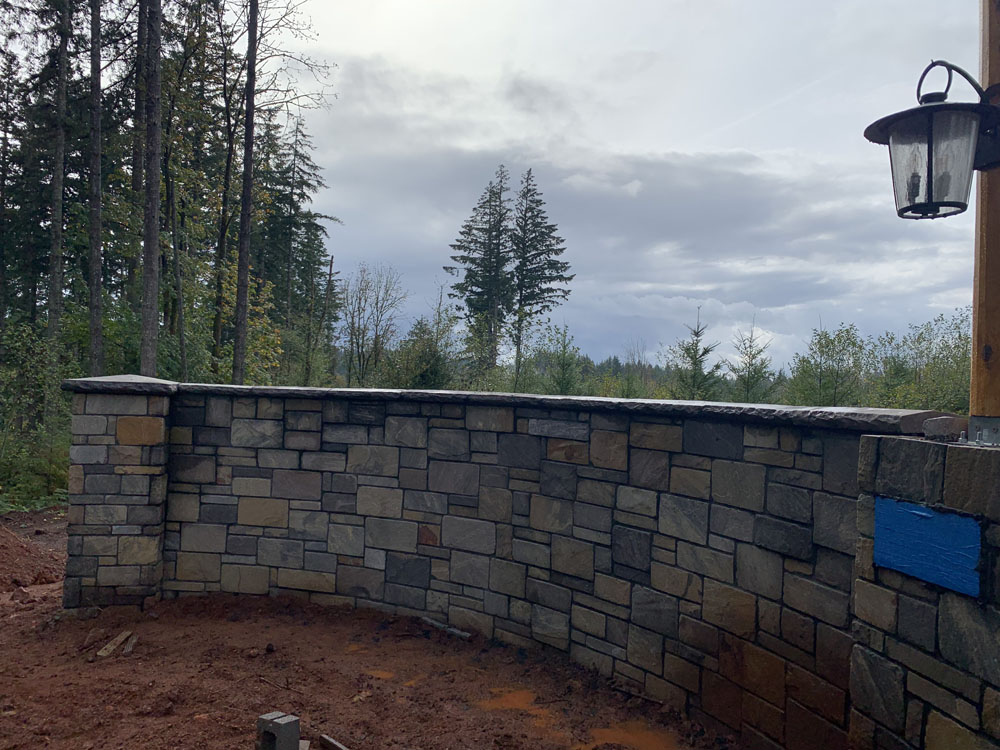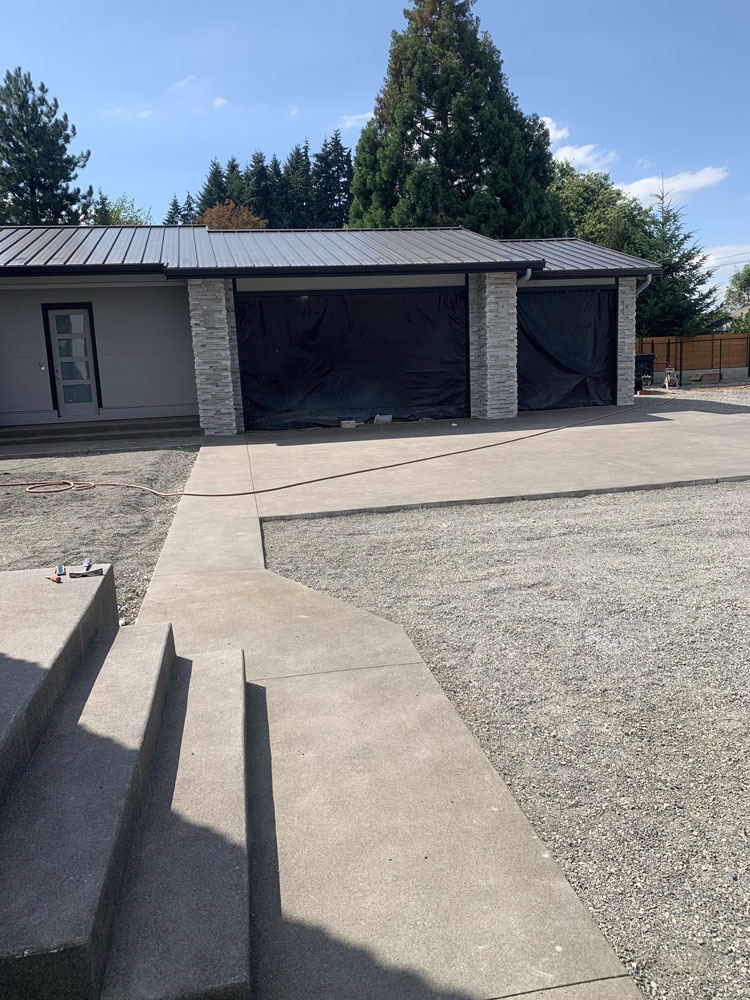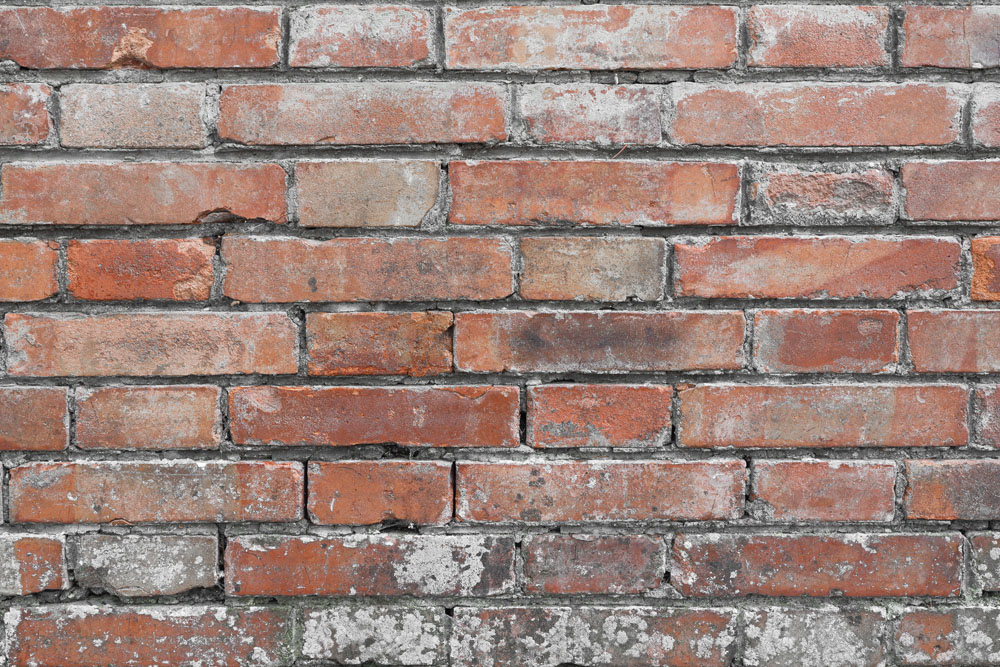Introduction
When you think about your home’s outdoor aesthetics, the masonry walkway often comes to mind as an elegant and durable choice. However, not everyone realizes how significantly weather can impact these structures. In this comprehensive guide, we’re diving deep into the intricate relationship between weather and masonry walkways, highlighting both their vulnerabilities and maintenance strategies.
By understanding how elements like rain, snow, sun, and temperature fluctuations play a role in your masonry walkway's longevity, you can make informed decisions that ensure your pathway stays beautiful and functional for years to come.
So grab a cozy seat as we explore how weather affects your masonry walkway and its maintenance!
Understanding Masonry Walkways
What Is a Masonry Walkway?
A masonry walkway is essentially a pathway made from strong materials like bricks, stones, or concrete. They’re not just functional; they add aesthetic appeal to any outdoor space.
Benefits of Masonry Walkways
Durability: These walkways are built to last. Aesthetic Appeal: Available in various designs. Versatility: Suitable for different landscaping styles. Low Maintenance: Requires less upkeep compared to other materials.Common Materials Used in Masonry Walkways
- Brick Natural Stone Concrete Pavers
How Weather Affects Your Masonry Walkway and Its Maintenance
Weather has a profound impact on masonry structures. Factors such as humidity, temperature changes, precipitation, and even seasonal changes can lead to wear over time.
The Impact of Extreme Temperatures
Hot Weather
In high temperatures, the expansion of materials may cause cracks due to thermal stress.
Cold Weather
Conversely, freezing temperatures can lead to ice formation within cracks or pores of the material, expanding them further when it thaws.
Rainfall and Moisture
Excessive moisture can weaken the foundation of masonry walkways leading to erosion or settling issues.
Snow Accumulation
Heavy snow can create pressure on the surface which may lead to cracks or breakage when thawed quickly.

Signs That Your Masonry Walkway Needs Maintenance
Identifying early signs of wear can save you from costly repairs down the road.
Cracks and Gaps
Look out for visible cracks on the surface; these are often signs of underlying problems.
Uneven Surface
If you notice parts of your walkway sinking or rising unevenly, it may be due to moisture damage affecting the base layer.
Discoloration
Fading colors might suggest that weather elements have taken their toll on the material's integrity.
Mold Growth
Persistent moisture can lead to mold which not only affects appearance but also health concerns.
Maintenance Tips for Your Masonry Walkway
Keeping your masonry pathway in Masonry Contractor Ramos Masonry Construction Company top shape requires regular maintenance efforts. Here are some practical tips:
Regular Cleaning
Utilize a broom or leaf blower to keep debris off your walkway. This prevents stains caused by organic material decomposing on the surface.
Sealing
Applying a sealant provides an extra layer of protection against moisture penetration and stains. A good rule of thumb is to reseal every couple of years depending on usage and exposure.
Repair Cracks Promptly
Use appropriate filler for any visible cracks immediately upon noticing them; this will help prevent more extensive damage later on.
Seasonal Care for Your Masonry Walkway
Each season brings its own set of challenges when it comes to maintaining your masonry walkway.
Spring Care Tips
- Inspect for winter damages. Clean up any debris left over from winter storms.
Summer Care Tips
- Ensure proper drainage during heavy rains. Reseal if necessary due to increased sun exposure.
Fall Care Tips
- Remove leaves promptly as they can stain surfaces. Prepare for snowy weather by applying salt in moderation (avoid excessive use).
Winter Care Tips
- Clear away snow gently using shovels instead of metal tools that may scratch surfaces. Avoid using rock salt if possible since it can deteriorate stone surfaces over time.
Expert Advice on Choosing Materials for Your Masonry Walkway
Choosing the right materials is crucial for durability against weather conditions:
| Material | Pros | Cons | |---------------|---------------------------|--------------------------| | Brick | Classic look | Can fade over time | | Natural Stone | Unique texture | More expensive | | Concrete | Highly customizable | Can crack easily | | Pavers | Easy repairs | Weeds may grow between |
Consider local climate conditions before deciding which material best fits your needs!
FAQs About Masonry Walkways and Weather Effects
How do I know if my masonry walkway is damaged? Look for visible cracks, uneven surfaces, discoloration, or mold growth.

Can I repair my masonry walkway myself? Yes! Simple repairs like filling cracks can be done with minimal tools but consult professionals for significant damage.
What type of sealant should I use? Choose a water-repellent sealant designed specifically for your chosen material type (brick, stone).
How often should I reseal my masonry walkway? It's best practice every 1–3 years depending on environmental factors impacting wear.
Is snow bad for my masonry walkway? Heavy snow can create pressure that leads to cracking if not managed properly through gentle clearing methods.
What’s the best way to clean my masonry walkway? Regular sweeping combined with mild detergent solutions works wonders without damaging surfaces!
Conclusion
Understanding how weather affects your masonry walkway and its maintenance is essential in preserving its beauty and functionality over time. From recognizing initial signs of wear such as cracks or discoloration to knowing how seasonal changes impact upkeep processes—being proactive will yield long-lasting benefits!

Regular care means you'll enjoy that charming path leading up to your home without worry! So don’t wait until those small issues become big headaches; take action today! Happy walking!